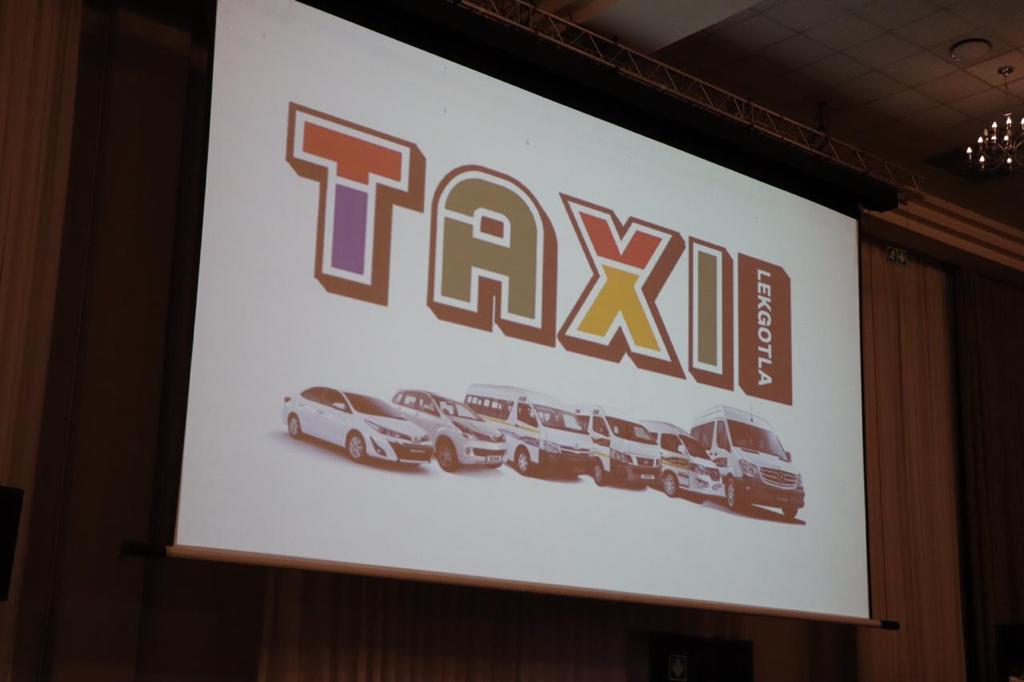The North-West University (NWU) has played a significant role in the run-up to the national taxi lekgotla through academic assistance and inputs during the recent district and provincial lekgotlas.
This comes after the North West provincial Department of Community Safety and Transport Management approached the university’s Department of Transport Economics and Logistics Management to make presentations during the lekgotlas that were held in September and October.
These inputs will now be included at the national taxi lekgotla on 29 and 30 October. In one of his weekly open letters to the public, President Cyril Ramaphosa emphasised the importance of the national lekgotla, which seeks to find common ground on existing business models, safety and compliance, broader economic empowerment of operators and the issue of subsidies for taxis.
The main purpose of the national lekgotla is to facilitate the process of professionalising and formalising the South African taxi industry.
During the closing of the provincial lekgotla in Rustenburg, the MEC for Community Safety and Transport Management, Sello Lehari, said the violence that characterises the taxi industry should end.
He said it was time to get rid of illegal operators and lawlessness and expressed his hope that the industry would be stabilised.
He especially acknowledged the contributions from the NWU and from other institutions in ensuring that the provincial and district lekgotlas were a success. The provincial lekgotlas took place on 21 September in Ngaka Modiri Molema District, 25 September in Dr Ruth Segomotsi Mompati District, 1 October in Dr Kenneth Kaunda District and 5 October in Bojanala Platinum District. They were presented virtually due to Covid-19 restrictions.
The provincial lekgotlas culminated in the lekgotla in Rustenburg on 22 to 23 October. The Minister of Transport, Mr Fikile Mbalula, delivered the keynote address on 22 October, and the Premier of North West, Prof Job Mokgoro, and the MEC for Community Safety and Transport Management, Sello Lehari, and Public Works MEC Saliva Molapisi were in attendance on 23 October.
Karen Visser, from the Transport Economics and Logistics Management subject group, says the NWU facilitated presentations on two of the four key focus areas that the industry identified. The key areas were empowerment, unity and leadership, legislation and regulations, and professionalism.
Karen and Funeka Mathe, an alumna of the NWU’s programme in transport economics and logistics management, made presentations on empowerment, while lecturer Keletsamaile Motatsa presented a paper on unity and leadership.
Other presentations were made by Advocate Botshelo Mpete on legislation and regulations, and Ramodise Tsolo and Ouma Ledwaba from the Transport Education Training Authority (TETA) on professionalism.
“We presented an absolutely academic perspective on the challenges facing the taxi industry at the moment. We are proud to have been invited to make contributions to the industry on which so many South Africans desperately depend,” says Karen.
For more information on the lekgotla click here:


Funeka Mathe, an alumna of the NWU's programme in transport economics and logistics management and the MEC for Community Safety and Transport Management, Sello Lehari, during the recent provincial lekgotla.

The main purpose of the lekgotlas is to facilitate the process of professionalising and formalising the South African taxi industry.
